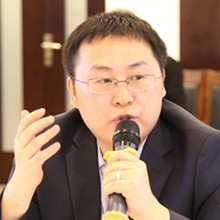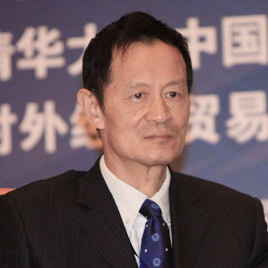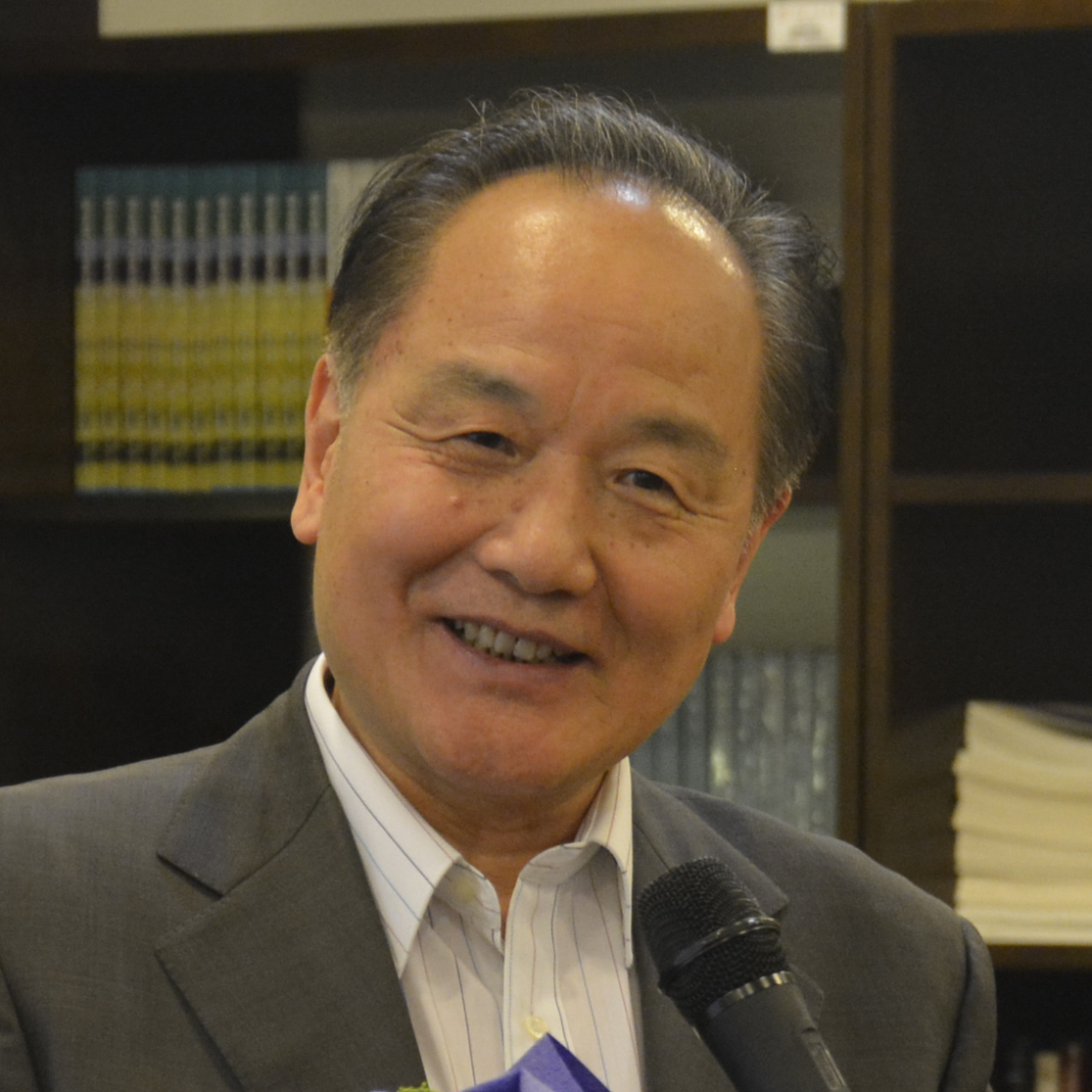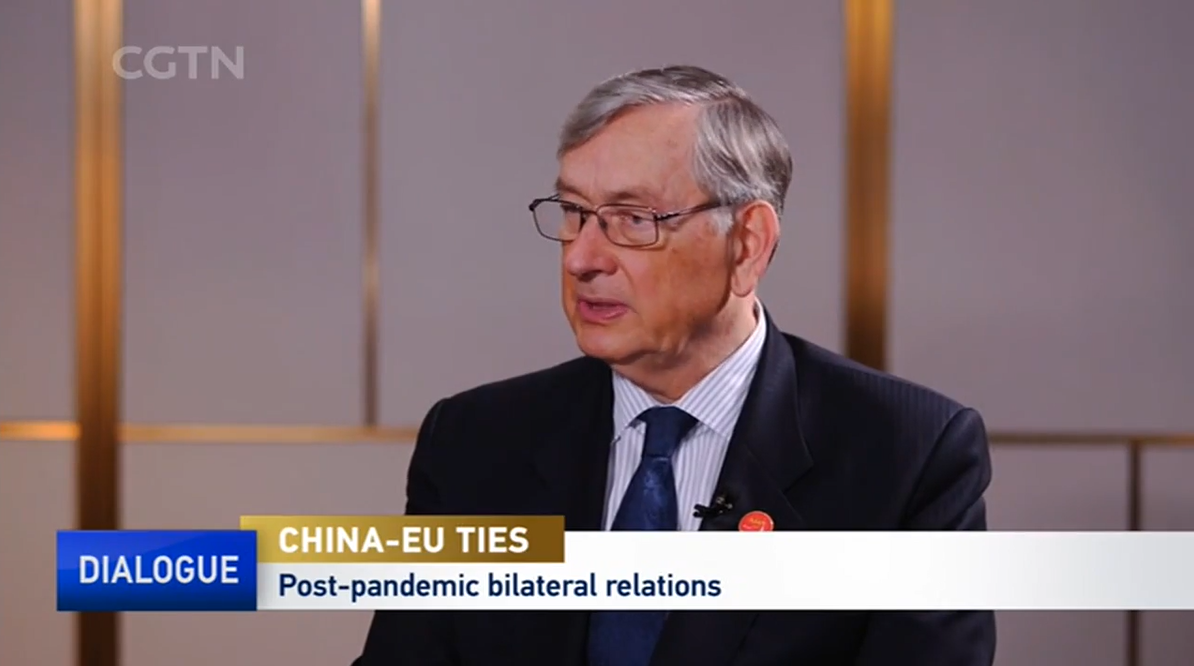Commentaries
Your Present Location: Teacher_Home> He Weiwen> CommentariesChina warns US of backlash on tariffs
Source: Global Times Published: 2018-3-2
China urged the US to be restrained in trade protection measures and contribute to protecting the multilateral international trade order, the Chinese Foreign Ministry said on Friday, in response to US President Donald Trump`s announcement of steep tariffs on steel and aluminum imports.
"The US has over-protected domestic products by taking anti-dumping and countervailing measures to most steel and aluminum imports. If every country begins to do the same as the US did, it would severely affect the international trade order," Foreign Ministry spokesperson Hua Chunying said at a daily press briefing on Friday, citing remarks made by Wang Hejun, head of the trade remedy and investigation bureau under the Ministry of Commerce.
Hua said that the global economy has suffered from weak growth in recent years and every country`s steel industry has faced difficulties. The foundation for the global economic recovery is feeble.
Instead of alienating partners or taking unilateral protectionist measures, every country should work together and discuss a way to solve the problem, Hua noted.
"China urges the US to be restrained on trade protection measures. It should respect multilateral trading rules and contribute to the international trade order," Hua said.
Hua`s remarks came after Trump announced on Thursday steep tariffs on steel and aluminum imports to protect domestic steel and aluminum makers from foreign competition.
Trump said a 25 percent tariff would be placed on steel products, and a 10 percent tariff would be imposed on aluminum. The US imports four times more steel than it exports, and relies on steel from more than 100 countries and regions, BBC reported.
In Thursday`s announcement, Trump promised to rebuild the American steel and aluminum industries, which he said had suffered "disgraceful" treatment from other countries for decades.
Song Guoyou, director of the Center for Economic Diplomacy of Fudan University, told the Global Times on Friday that "Trump`s move was unilateral and severe and he wants to send an unfriendly signal to the main exporters of steel to gain greater bargaining power in the future."
"The announcement targets many countries, including China. Considering the trade friction between the two countries and the fact that China is the world`s biggest exporter of steel, the move would affect China more," Song said.
China isn`t the only country that exports steel to the US - 110 countries and regions do so. And China is only the 11th biggest exporter to the US - some US allies, including Canada, Japan and South Korea are among the 10 biggest sources of steel for the US, and they all face a big bump in costs, BBC reported on Friday.
"Trump cannot save US trade by imposing tariffs as it never is the fundamental problem of US foreign trade. The US industrial structure and its own competition matter more than other issues. Imposing steep tariffs would spark counter-measures from other countries," Song said.
He Weiwen, an executive council member at the China Society for the WTO, said that "what Trump has done was trade restrictions and `national security` is his excuse, and the US is going against global and free trade rules by disregarding the interests and rules of the WTO."
"Steel is not the main issue in Sino-US trade as US steel is not mainly from China and China`s main steel market is not the US. It is also groundless for the US to accuse China of dumping its surplus globally," He said, adding that the US is challenging the global trade order and China should take counter-measures.
Big tariffs would do no good to the US - down-stream firms would suffer, the cost for infrastructure would increase, and the price of steel and aluminum products would rise. It would also lead to greater unemployment, He said.
Both Song and He agreed that Trump`s move serves the mid-term elections.
"Trump`s supporters may ask him to fulfill his campaign promises… instead of caring whether his move would lead to a stock market crash, Trump pays more attention to protectionists who voted for him," Song said.
He Weiwen is senior fellow of Chongyang Institute for Financial Studies, Renmin University of China.
Key Words: China; US; tariff; He Weiwen

















































































 京公网安备 11010802037854号
京公网安备 11010802037854号





